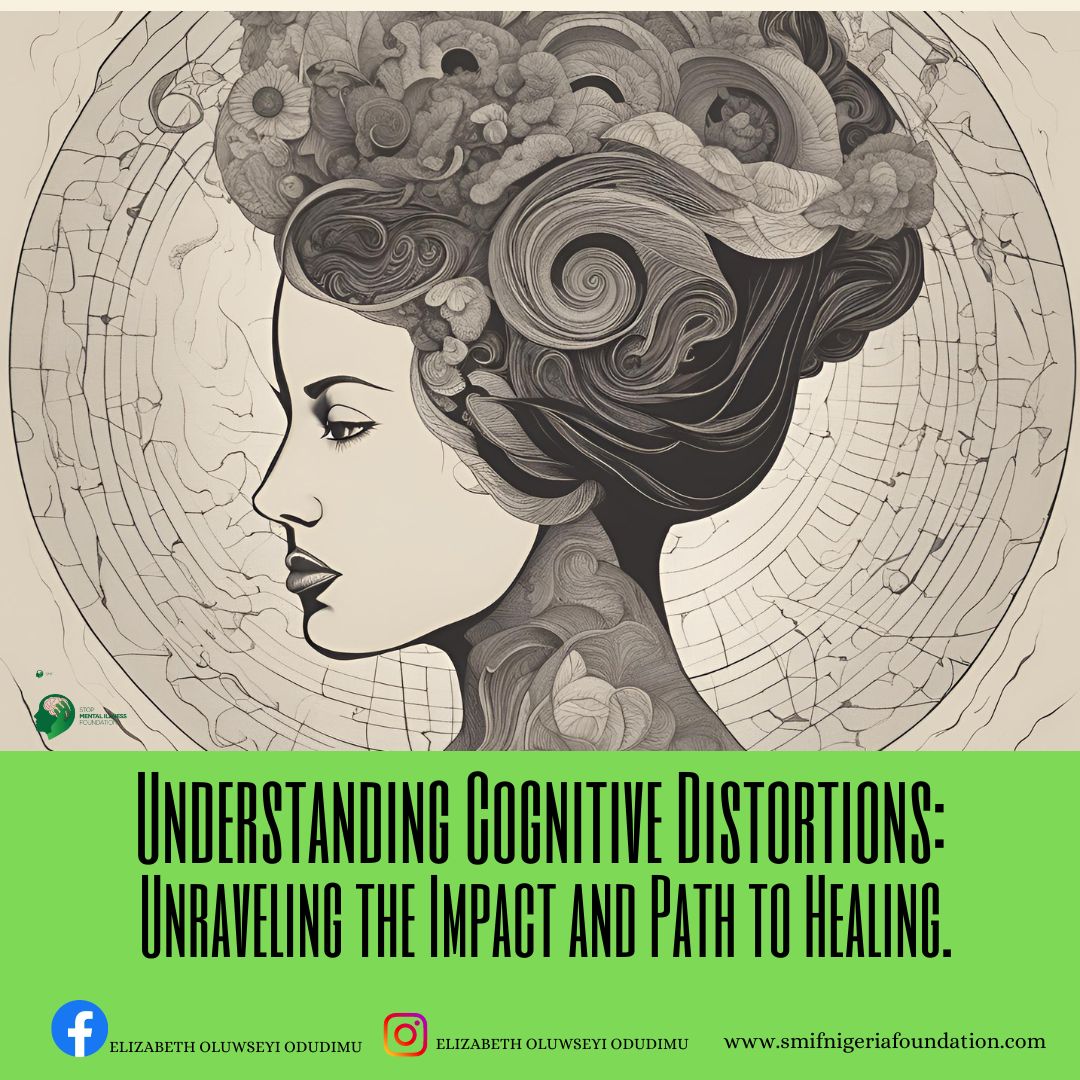
Understanding Cognitive Distortions: Unraveling the Impact and Path to Healing
At the Stop Mental Illness Foundation, we are committed to shedding light on the complexities of cognitive distortions and providing support to individuals and families navigating the challenges they present. In this comprehensive article, we explore what cognitive distortions are, their causes, types, symptoms, signs, coping strategies, and the various ways to support families living with them. Additionally, we delve into treatment options that can help individuals find healing and well-being.
What Are Cognitive Distortions?
Cognitive distortions are ingrained patterns of thinking that lead individuals to interpret reality inaccurately. These distorted thoughts often reinforce negative beliefs, emotions, and behaviors contributing to mental health issues such as anxiety, depression, and low self-esteem. Understanding cognitive distortions is crucial in developing healthier thinking patterns and promoting emotional well-being.
Causes of Cognitive Distortions
Various factors can contribute to the development of cognitive distortions, including past experiences, learned behaviors, environmental influences, and genetic predispositions. Traumatic events, chronic stress, negative self-talk, and unrealistic expectations can also fuel the formation of distorted thinking patterns.
Types of Cognitive Distortions
1. All-or-Nothing Thinking: Viewing situations in extreme terms without considering middle ground.
2. Mind Reading: Assuming you know what others are thinking without evidence.
3. Catastrophising: Magnifying the potential negative outcomes of a situation.
4. Personalisation: Blaming yourself for events outside your control.
5. Overgeneralisation: Drawing broad conclusions based on limited evidence.
6. Discounting the Positive: Dismissing positive experiences as insignificant.
Symptoms and Signs of Cognitive Distortions
Common symptoms of cognitive distortions include persistent negative thoughts, self-criticism, excessive worry, emotional distress, difficulty making decisions, and strained relationships. Signs may manifest as social withdrawal, perfectionism, chronic dissatisfaction, and a sense of hopelessness.
Coping Strategies for Dealing with Cognitive Distortions
1. Mindfulness and Meditation**: Cultivate present-moment awareness to observe thoughts without judgment.
2. Cognitive Restructuring**: Challenge and reframe distorted thoughts with more balanced perspectives.
3. Journaling: Keep a thought diary to track and analyse negative thought patterns.
4. Seek Support: Engage in therapy, support groups, or counselling to explore and address cognitive distortions.
Helping Families Living with Cognitive Distortions
Supporting loved ones grappling with cognitive distortions requires empathy, patience, and understanding. Encourage open communication, provide a safe space for expression, and educate family members about cognitive distortions to foster a supportive environment. Encouraging professional help and offering emotional support can also make a significant difference in their journey to healing.
Treatment Options for Cognitive Distortions
1. Cognitive-Behavioral Therapy (CBT): A structured therapy approach that helps individuals identify and challenge distorted thoughts.
2. Mindfulness-Based Cognitive Therapy (MBCT): Integrates mindfulness practices with cognitive therapy techniques to reduce relapse in depression.
3. Medication: In some cases, medication may be prescribed to manage symptoms associated with cognitive distortions, such as anxiety or depression.
Embracing Healing and Resilience
At the Stop Mental Illness Foundation, we advocate for a holistic approach to mental wellness that includes understanding, addressing , and embracing healing and resilience as essential components of recovery. We believe that mental wellness is a journey that involves not only treating symptoms but also nurturing the overall well-being of individuals. Here are some key aspects of embracing healing and resilience in the context of mental wellness:
1. Understanding: It is crucial to understand the root causes of mental health challenges, whether they are biological, psychological, environmental, or a combination of factors. By gaining insight into the underlying issues, individuals can begin to make sense of their experiences and develop a roadmap for healing.
2. Addressing: Addressing mental health concerns involves seeking appropriate support and treatment. This may include therapy, medication, lifestyle changes, and self-care practices. It is essential to reach out to mental health professionals and build a support network to address challenges effectively.
3. Healing: Healing is a multifaceted process that involves emotional, psychological, and spiritual growth. It may involve confronting past traumas, developing coping mechanisms, and fostering self-compassion. Healing is about finding inner peace and moving towards a state of wholeness.
Resilience: Resilience is the ability to bounce back from adversity and grow stronger through challenges. Building resilience involves developing coping skills, fostering optimism, and cultivating a positive mindset. Resilient individuals are better equipped to navigate life’s ups and downs and maintain their mental well-being.
5. Self-care: Self-care is an essential aspect of mental wellness that involves taking care of one’s physical, emotional, and mental needs. This may include activities such as exercise, meditation, spending time in nature, engaging in hobbies, and setting boundaries to protect one’s well-being.
By embracing healing and resilience as integral parts of mental wellness, individuals can embark on a transformative journey towards greater self-understanding, empowerment, and overall well-being. The Stop Mental Illness Foundation’s advocacy for a holistic approach aligns with the idea that true healing involves nurturing the mind, body, and spirit.
